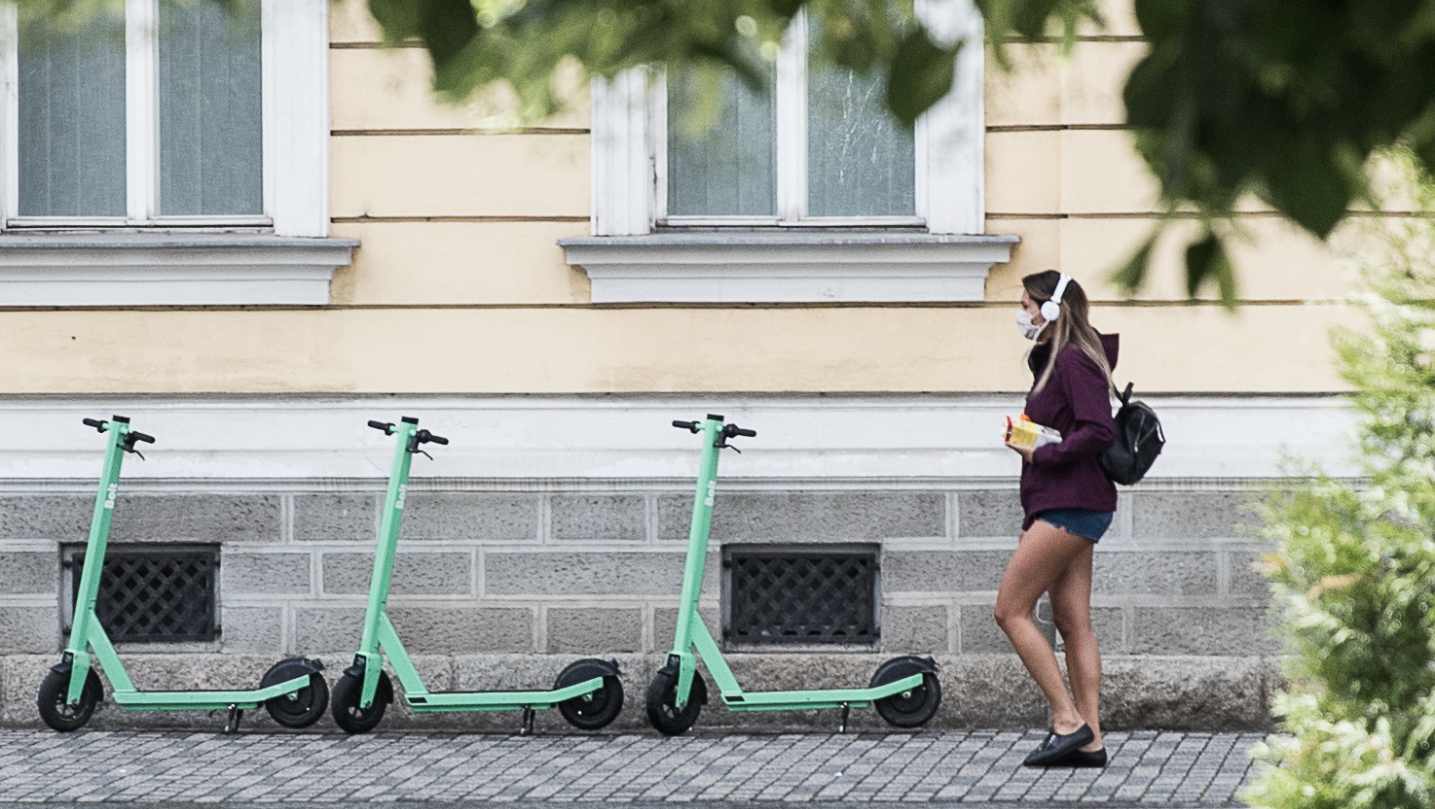Prague City Council Rejects E-Scooter Ban Despite Complaints
Prague Morning

The Prague City Council has voted against a proposal to ban shared electric scooters from parts of the capital, despite ongoing complaints over traffic safety, cluttered sidewalks, and poor regulation.
The motion, introduced by Deputy Mayor Zdeněk Hřib (Pirates), aimed to limit the use of shared e-scooters by enforcing stricter placement rules.
According to the proposal, only scooters stored in designated public zones would be allowed, and any devices found outside these areas would be removed by the city’s Technical Road Administration (TSK).
However, only Pirate Party councilors backed the plan during Monday’s vote, leading to its rejection.
The proposed system was designed to bring e-scooters and shared bicycles under the same regulatory umbrella. Operators would have been required to pay a monthly parking fee of CZK 25 per vehicle and ensure devices were parked only in marked spaces.
If not, TSK would have been authorized to impose fines starting at CZK 100, rising to CZK 1,000 if issues weren’t resolved promptly. Scooters could then be confiscated and released only after payment. Reserved spots would have also been accessible to private bicycle users.
The rejected policy outlined a number of public safety and order concerns linked to e-scooter use in Prague, including a high number of accidents, frequent violations of traffic laws, and misuse in pedestrian areas like parks and sidewalks.
Officials emphasized that while the city supports shared mobility in general, electric scooters are often used more for recreation than transport, particularly in places not suited for vehicle traffic.
In central districts such as Prague 1, frustration with e-scooters has grown. Local leaders have long pushed for a citywide ban, insisting on a clear legal framework established through municipal ordinances.
However, city officials argue that the proposed system was already aligned with guidance from national ministries—namely Transport, Interior, and Industry and Trade—which recommend regulating micromobility through contracts rather than full bans.
Globally, cities like Paris, Madrid, and Melbourne have already banned or heavily restricted shared electric scooters due to similar issues with safety, accessibility, and enforcement.
Would you like us to write about your business? Find out more
-
NEWSLETTER
Subscribe for our daily news









